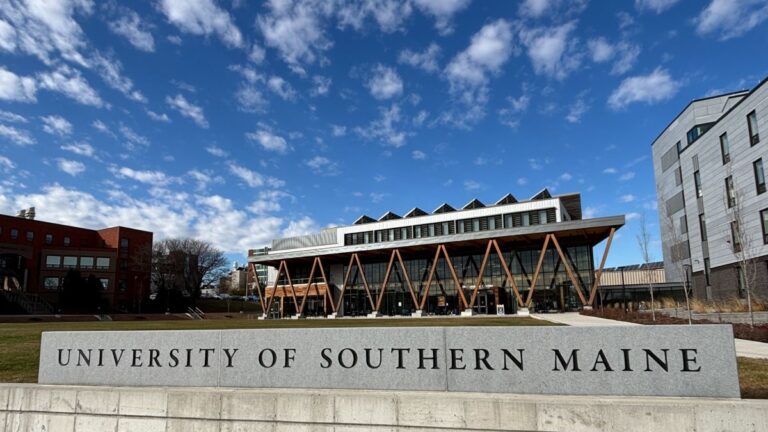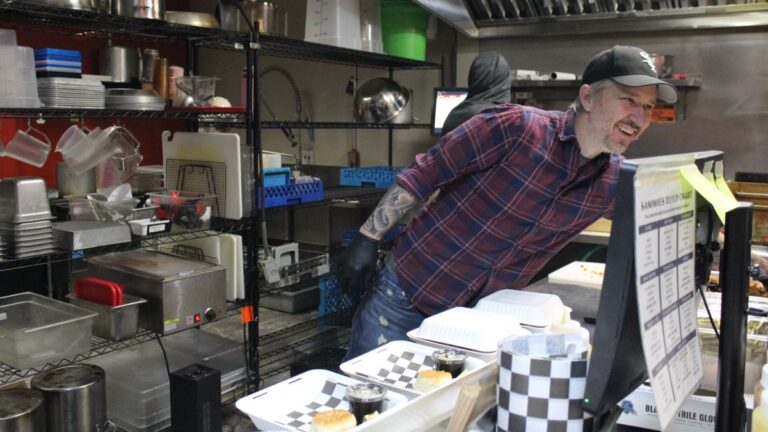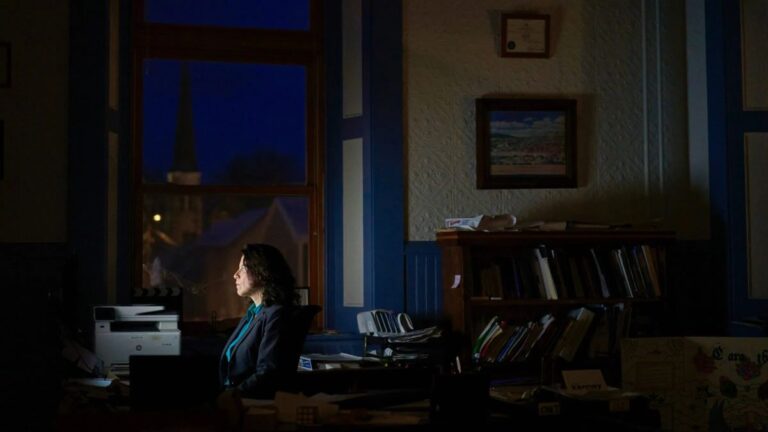Three weeks ago, as Russian tanks and troops poured into the Ukraine from three sides, there was a widespread expectation that the Ukrainian military would quickly dissolve and that all of the country’s major cities would be swiftly overrun. Both of those things might happen eventually, but that will hardly mean the war is over.
What happened in the Ukraine over these last few weeks is hardly what Putin and the Russian high command expected. They thought that Ukrainian president would quickly flee to the safety of western Europe, where he could live comfortably in exile. Then the government would dissolve, in his absence and within a few hours or days the Ukrainian military would dissolve into the population, casting off their uniforms as they went.
Naturally, the people of the Ukraine would meekly submit and follow directions.
They couldn’t have been more wrong. In many ways, Russia has raised two generations to be docile. That’s not what has happened in the Ukraine, which has battled Moscow’s expansionist dreams for decades, much of it without their own government or military forces. During the Soviet years, they became experts in underground operations and sabotage. And in the end, though it took a lot of time, they won.
Putin should have known that, but two years of Covid isolation might have dulled his senses and furthered his isolation from how other countries, and other populations, think and act. So, he underestimated the Ukrainian president, the country’s air force, military, and especially the Ukrainian people. He entirely underestimated the global response.
All of that makes this unprovoked and immoral attack on a sovereign democratic nation Putin’s greatest gamble on the world stage, and perhaps his biggest mistake.
As we Americans know well from our own struggle for freedom, overrunning cities and scattering governments does not win hearts and minds. During our own struggle to throw off an oppressive and expansionist British empire, we lost our national capital twice, along with most of our major cities. Then, after a protracted struggle, we won. That same thing could now happen in the Ukraine.
As the Russians should have already learned in Afghanistan, occupying a country whose citizens are determined to defend their homeland is no easy thing. Short-term “victories” can seem to come easily, but the longer-term costs in the lives and treasure of “winning” can become almost impossible to sustain.
Putin’s assault on the Ukraine is the first invasion of a sovereign democratic European country in Europe since the Nazis seized most of the continent 80 years ago, and the Russians themselves later seized all of Eastern Europe on their way to Berlin.
Putin’s goal is to restore the glory, as he sees it, of Russia’s Soviet Union past. To “Make Russia Great Again,” as he’s expressed it. That requires expanding Russia’s territory to bring back under its control as much of the former USSR as possible. He is also, of course, testing the world’s resolve to see what he can do and when, if ever, anyone will stop him.
The next few critical weeks, and perhaps the next few months, will show whether his gambler produces a stalemate or a victory in Ukraine. Either way, it has set in motion a long and painful economic decline for the Russian people, and perhaps even the end for Putin himself.
This next few months will also show us just how effective unified and tough economic sanctions can be, in containing the ambitions and belligerence of an autocrat leading a nuclear power.
A primer on democracy
Just before the fall of the Soviet Union, I traveled with a group of prominent American political strategists to Russia and the Ukraine, to train reform-minded activists in those countries on how to win elections for change.
We held multi-day conferences in what is now called Kyiv, but was then known by the Russianized version Kiev, as well as in Moscow, and Leningrad, now known as St. Petersburg. We were invited by the mayors of those three cities, including Boris Yeltsin of Moscow.
At the time, in 1991, the long-simmering hostility that many Ukrainians felt toward Moscow was erupting everywhere into flames of open revolt. Hundreds of thousands of Kiev residents were routinely taking to the streets to demand their freedom from the Soviet Union, while Ukrainian commandos were stopping trains traveling to Russia, loaded with desperately needed food.
The Ukraine was, and in many ways still is, the breadbasket of Russia. Just as Moscow now leverages its oil and gas to extract what it wants from dependent countries, Ukrainians know how to do exactly the same with food. They had already learned the art of economic sanctions against Russia. They began by demanding payment for their food in real money or gold, rather than the increasingly worthless Soviet ruble. Then they simply refused to send any food at all, content to patiently starve Russia into paying for their goods and granting their freedom.
Moscow, despite all of its vast military power, was helpless to stop them. It turns out that military power doesn’t make people grow or ship food, and soldiers don’t do a very good job of either. But they must eat.
The consequences of this combined economic and guerilla war were shockingly evident in Moscow. At our group’s official dinner in the showcase hotel that sits opposite Red Square, there was plenty of Russian Vodka and French Cognac for everyone, but not much Ukrainian food. Our dinner consisted of one tomato and a scoop of an mysterious concoction that vaguely resembled tuna salad, with the dominant ingredient being chunks of fat.
On the streets outside the hotel, Army soldiers, who hadn’t been paid in months, were selling off their caps and coats, their red star pins and even their trucks. A few days later, in the Ukraine, we toured vast underground warehouses filled to their high ceilings with food.
The Ukrainian revolution was the product of a broad alliance of organizations and regions, including most prominently a group called the Rukh, or the Peoples’ Movement of Ukraine. The picture that you see with this column includes some of the Ruhk’s underground leaders, who materialized out of nowhere, during a break in our Kiev conference, and just as quickly vanished afterward.
Their movement included millions of ordinary Ukrainians who were fighting, in whatever way they could, to make their country an independent nation. Organized by city blocks, neighborhoods and small towns, they could mobilize for action in an astonishingly short time, without any of the modern communications tools we now take for granted, including reliable phones.
During a tour of the city with the Ruhk’s secretary, (fourth from the left) I was asked whether I would like a demonstration in Kiev’s Independence Square, in our honor. “When could you have such a demonstration?” I wondered, knowing that we were only there for a few more days. “Tomorrow, if you like.” she replied, matter of factly. ‘But how many people could you possibly turn out by tomorrow?” I asked, skeptically. “Maybe a few hundred thousand,” she said. It turned out that they’d had two demonstrations of a half million in the previous week.
As I was leaving Kyiv, I asked her how ordinary Americans could best help their cause. I expected her to ask for money and weapons, but after a short pause she said, “We could do so much more if we had a computer. I am responsible for communicating with about 500,000 members, and a computer would make us much more effective.” She soon after got her computer, which I suspect the Ruhk made more use of than the Russians did with 100 tanks.
Not long afterward, as the Soviet Union was dissolving, the Ruhk became part of the foundations of a new democratic government in the Ukraine.
Now a new generation of Ukrainians is joining that generation to fight for freedom, led and inspired by a comedian who became president. Outside of the Ukraine, the world is organizing in a way that we have never seen before, to help the Ukrainian people and to inflict as much pain on the Putin regime as possible.
With every day that passes without a complete Russian victory, the more the resistance will grow. Arms are now flowing from various countries into the Ukraine, particularly small anti-aircraft and anti-tank weapons that can be easily deployed and used by people with little training, if necessary. And a steady but growing trickle of fighters, mostly Ukrainian expatriates but now including growing numbers of combat veterans from the U.S. and elsewhere, are flowing into the country.
Many people here worry that what the world is doing may be too little and too late, and that may prove to be the case. But based on what I saw in Kyiv, the Ukrainian people know how to do a lot with a little. And they also understand that this struggle will not be resolved this week or next, but in the long road of the future. That is a road they have traveled before, and for which they may be better prepared than the Russian army will ever be.








